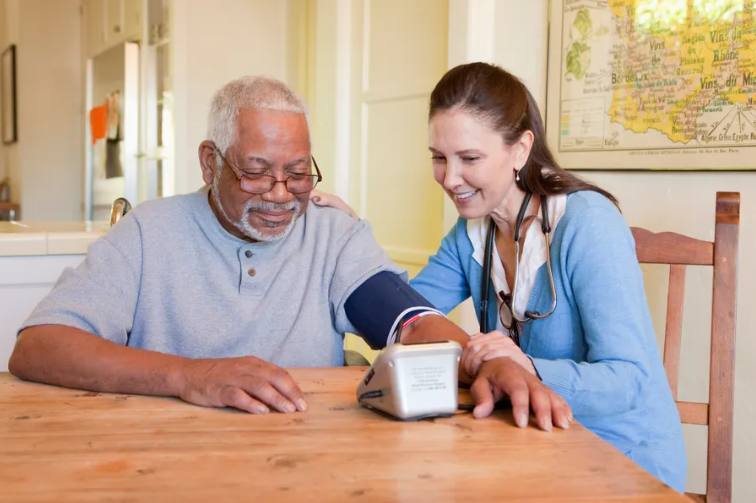Hiring through an agency offers several benefits, including pre-screened candidates, ongoing supervision, and reliable backups in case the primary caregiver is unavailable. Additionally, agencies handle administrative tasks like payroll and taxes. This option, however, may be pricier due to the agency’s fees.
Hiring an independent caregiver, on the other hand, can be more cost-effective and feel more personal. However, you will be responsible for conducting background checks, verifying qualifications, and handling payroll and taxes.1
Credentials: Meeting the Standards for Care
When hiring a caregiver, it’s essential to verify their qualifications to ensure they have the necessary training and certifications. Specific requirements may vary depending on where you live. However, some common credentials to look for include:
- Caregiver training or certification
- First aid and CPR certification
- Specialized training in dementia care or other conditions
Verify that the caregiver’s credentials are up-to-date, and be aware of any additional training or certification requirements specific to your region.
Personality Traits: A Compassionate and Patient Caregiver
A great caregiver should have a combination of experience, qualifications, and the right personality traits. Look for someone who is:
- Compassionate and empathetic to understand and support your loved one’s needs
- Patient, especially when dealing with difficult situations or behaviors
- Dependable, ensuring they are punctual and consistent in their duties
- Trustworthy, so you can have peace of mind knowing your loved one is in good hands
- Good with communication skills to keep you informed of any changes or concerns2
Experience and References: Verifying a Caregiver’s Background
When evaluating a caregiver, it’s important to consider their experience in providing care for the elderly. You should ask about their experience with similar care situations and how they’ve handled challenging scenarios in the past.
References play a crucial role in verifying the caregiver’s experience and trustworthiness. Ask for some professional references, and contact them to discuss the caregiver’s performance, reliability, and ability to handle difficult situations.
Assessing Your Loved One’s Needs
Before choosing a caregiver, evaluate your loved one’s needs to ensure a good match. Consider medical needs by listing health conditions and consulting healthcare professionals. Assess emotional and social needs, including emotional support, social engagement, and hobbies.
Determine daily living assistance requirements, such as personal care, mobility, meal preparation, and housekeeping. After assessing these aspects, you’ll have a clearer picture of the ideal caregiver for your loved one.
Types of In-Home Caregivers: Finding the Right Fit
Depending on your loved one’s needs, there are several types of in-home caregivers. For example, here are a few different types to keep in mind.
- Personal Care Aides (PCAs) – PCAs provide basic assistance with daily activities, such as bathing, dressing, meal preparation, and light housekeeping.
- Licensed Nursing Assistants (LNAs) – LNAs have some medical training and can perform tasks like checking vital signs, changing bandages, and assisting with mobility.
- Licensed Practical Nurses (LPNs) – LPNs have completed a nursing program and are licensed to provide medical care under the supervision of a registered nurse or a physician. They can administer medications, provide wound care, and monitor chronic conditions.
- Registered Nurses (RNs) – RNs have a higher level of education and are qualified to provide comprehensive medical care, including administering treatments, managing complex medical conditions, and coordinating with other healthcare professionals.3
The Takeaway
Hiring the right private home care for your elderly loved one is a crucial decision that requires careful consideration of factors such as qualifications, experience, and personality traits. You also need to decide whether to hire through a home care agency or an independent caregiver.
By taking the time to evaluate different types of caregivers, verifying credentials, and checking references, you can ensure your loved one receives the best possible care in the comfort of their own home. With patience and due diligence, you can find a caregiver who not only meets your loved one’s practical needs but also contributes to their overall happiness and well-being.
